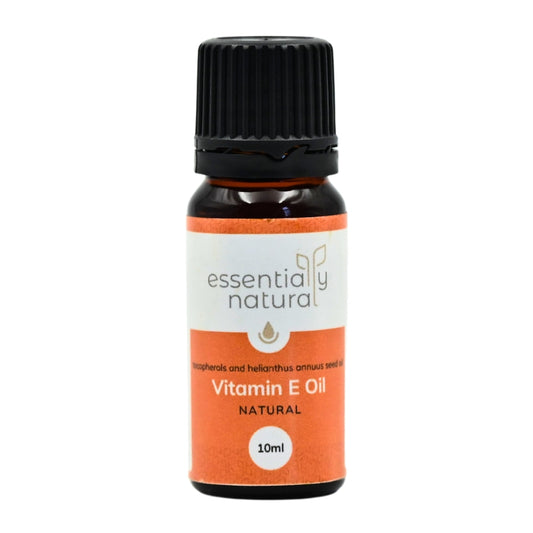
How to Embrace Your Natural Hair: From Chemical-Straighteners and Heat Damage to Healthy Curls
Cayla MandeanGrowing up as a curly-haired kid, spotting women with curly hair felt like finding a unicorn-it just didn't happen! Straight hair was everywhere, and like any beauty standard, the pressure to conform was real. The moment my hair faced the elements-rain, humidity, heat, or cold-a curl would start to form. I would then grab my flat iron and blow dryer faster than you could say "frizzy."
If my hair could talk, it would probably break up with me for all the heat damage - in a way, it did!
I toyed with the idea of relaxing my hair when I started swimming competitively. Let's face it, who wants to straighten their hair every day after getting out of the pool? The idea of wetting my hair and having it remain relatively straight was, at the time, my idea of heaven. Guess what I did? I had a chemical hair straightening treatment done, and not only did my hair slowly break off, but the fumes had me questioning whether the air in the hair salon I was breathing in was safe. After that experience, I committed to embracing my natural hair and maybe, you are trying to do the same but feel overwhelmed. Let's dive into why and how you should embrace your natural texture.
The Hidden Dangers of Chemical Hair Straighteners and Relaxers
Recent medical studies have uncovered a connection between chemical hair straighteners and hormone-related cancers. Drugwatch, a trusted consumer advocacy organisation, works alongside award-winning certified medical and legal experts to educate the public on dangerous drugs and medical devices, empowering consumers to assert their legal rights. They emphasise that this risk is particularly pronounced in products containing endocrine-disrupting chemicals such as parabens, bisphenol A, formaldehyde, and metals (EDCs). A 2022 NIH study, shockingly, found that women who used chemical hair straightening treatments more than four times a year had double the risk of uterine cancer, with Black women being the most affected due to high usage rates. Another compelling study highlights the use of permanent hair dyes as an additional factor linked to an increased risk of breast cancer.
Why Avoiding Harsh Chemicals is Crucial for Hair Health and Overall Well-Being
Discovering that certain chemicals in these products can be absorbed through the scalp and mimic hormones, raising the risk of cancers such as breast and ovarian cancer, is truly a wake-up call. The longer and more frequently you use these chemicals, the greater your risk for cancer may potentially be.
As research continues, numerous lawsuits have been filed by women who developed cancer after long-term use of hair relaxers. Several major hair relaxer brands have been implicated, though studies on specific brands are still ongoing. These findings highlight the importance of avoiding harsh chemicals, reinforcing the value of embracing your natural hair for both health and well-being.
How to Balance Natural Hair Care
While maintaining natural hair can be challenging, embracing your hair texture means aligning with nature. You can swap out conventional hair dyes for a natural alternative like using Henna Black (Indigo tinctoria) as a hair colourant. Using natural ingredients helps nourish your hair, making it healthier and easier to care for. The balance of going natural in both your hair care routine and your hairstyle simply makes sense - working with, rather than against, your hair's natural state. Now, I'm not suggesting that you don't play with blow drying or smoothing out your hair with rollers, because yes, changing your hairstyle can be fun to do, once in a while. But, this should be done with care and special attention to heat protection.
Speaking of protection, protective styles like cornrows, braids, twists and more, can help you embrace nature and take pride in the coils, curls, and waves, but give you a small break from daily styling. We've created a lovely DIY spray to help nourish and prevent an itchy scalp and hydrate hair while you enjoy a protective hairstyle. This conditioning spray can be used as a daily refresher for protective styles, a leave-in conditioner, or a scalp moisturiser.










2 comments
Hi Tsotleho :)
Generally Geogard 221 is the preservative I go for when formulating anything for either skincare or haircare. It functions perfectly at around 1% of your total formulation (like above).
If you do have anymore questions, feel free to let us know here, Email or WhatsApp us :)
Kind Regards,
Aiden
I want to make infusion so what is the best preservatives